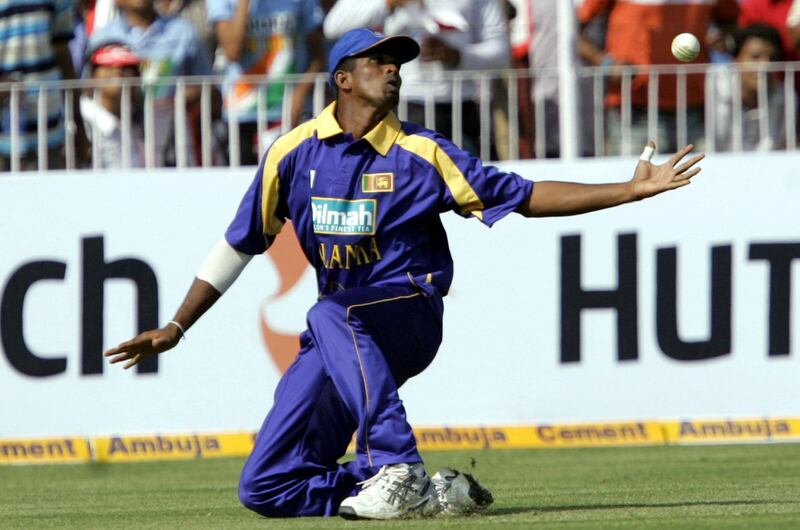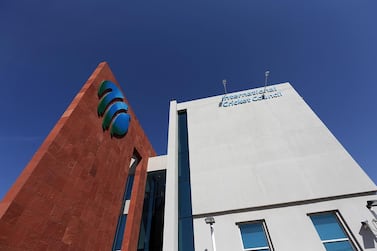The International Cricket Council (ICC) has charged former Sri Lanka player Dilhara Lokuhettige with three counts of breaching the ICC Anti-Corruption Code.
The all-rounder was already suspended from the game because of charges imposed on him by the ICC on behalf of the Emirates Cricket Board last year, relating to the first season of the T10 League in 2017.
The new charges are additional to that, and relate to international cricket. He has also been provisionally suspended under the ICC code pending the outcome of these new charges.
“Lokuhettige has been charged with the following three offences under the code,” the ICC wrote in a statement.
“Fixing, contriving or otherwise influencing improperly, or being a party to any agreement or effort to fix or contrive or otherwise influence improperly, the result, progress, conduct or any other aspect of any international match.
“Directly or indirectly soliciting, inducing, enticing, instructing, persuading, encouraging or intentionally facilitating any participant to breach Code Article 2.1.
“Failing to disclose to the ACU full details of any approaches or invitations received by him to engage in corrupt conduct under the code.”
The charges are similar to those brought against him for the 2017 T10 League, which was played in Sharjah.
He was not part of any of the six teams in that first campaign of the 10-over competition, either as player, coach, or official.
One of the sides in that event was known as Team Sri Lanka, and was made up exclusively of players from that country.
Their bowling coach, Nuwan Zoysa, was separately charged for similar reasons by the ICC. The team did not feature in the second season of T10, played last November and December.
Sri Lanka has been central to lengthy investigations by the ICC’s anti-corruption unit in the recent past.
In February, the ICC banned Sanath Jayasuriya, the former Sri Lanka captain and selector, from all cricket-related activities for two years for refusing to co-operate with investigations concerning corruption in the country.






